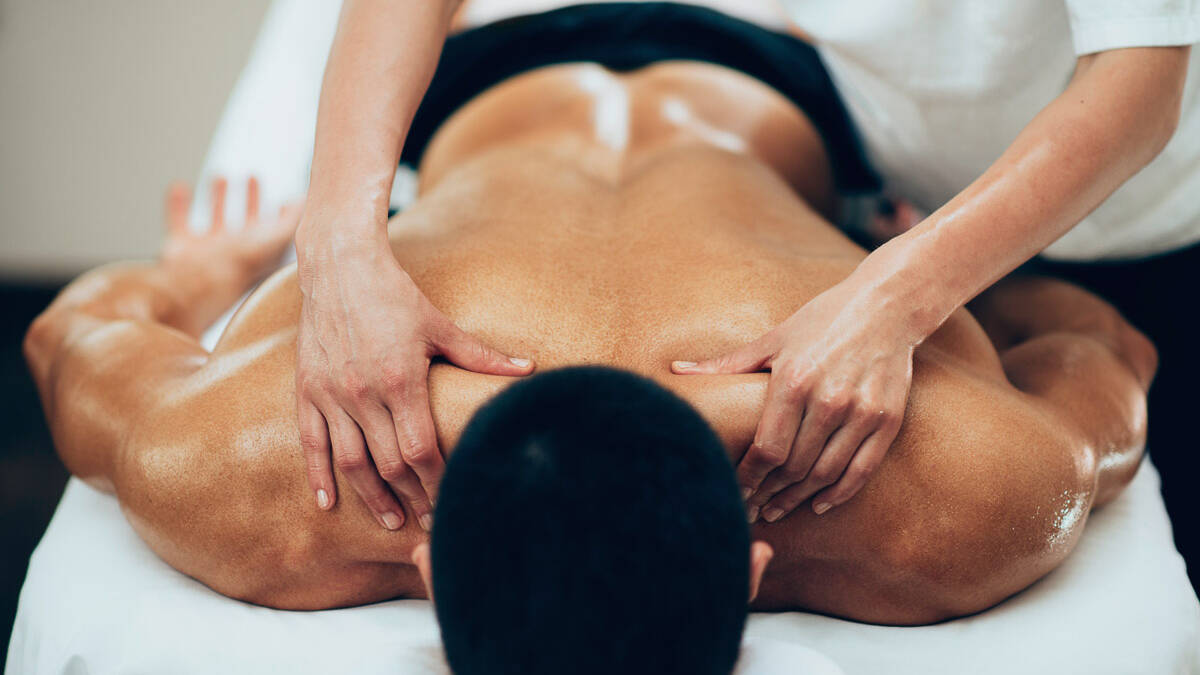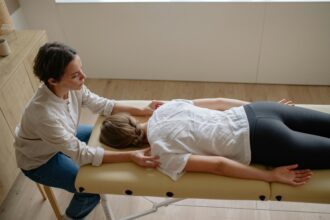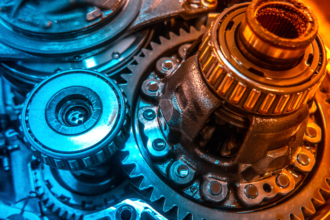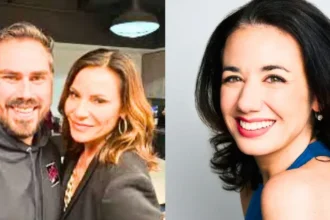When the majority of the population imagines a massage, it is a calming experience of Swedish massage or even some deep tissue treatment aimed at loosening out the muscular knots. These traditional methods are still popular, however, the scene of massage therapies in the UK is quickly changing. More and more clients are requesting specialised methods that far exceed traditional relaxation and pain relief methods. Since Manual Lymphatic Drainage (MLD) to Cupping Therapy and Reflexology, niche modalities are gaining increased popularity because of their distinctive health benefits and overall impact.Finding an expert in a niche therapy like MLD requires a targeted search. Platforms that allow filtering by specific, certified modalities, like Massages Me, are invaluable resources for clients.
Why Specialisation Matters
With the growing health and wellness consciousness, the clients are increasingly becoming mindful about the kind of treatment they seek. Instead of scheduling a generalized massage, people are currently examining treatments that are focused on particular health requirements. Specialised massage is more specifically oriented on results, as it may be reducing swelling, increasing circulation, or assisting in detoxification. This has prompted therapists to complete higher levels of training and certification, and this has provided a fresh generation of expertise in the UK wellness industry.
MLD Manual Lymphatic Drainage (MLD)
Manual Lymphatic Drainage is one of the most rapidly expanding specialisations, a non-invasive form of treatment, which stimulates the natural flow of lymphatic fluids through the body. The lymphatic system is important in the immune response and the elimination of toxins, though, during disease states, surgery, or lifestyle, it may slow down. MLD assists in decreasing the inflammation, healing following cosmetic surgeries, and enhancing the overall circulation. This therapy is also gradually being recommended by medical professionals as a transition between conventional massage and health care.
Cupping Therapy
A second emerging modality is the Cupping Therapy, which is an old technique that has Chinese and Middle Eastern origins. This therapy enriches blood flow, reduces muscle tension, and helps cells to repair themselves by placing suction cups on the skin. Cupping was initially viewed as an alternative or niche practice and having high-profile athletes show the marks of this method on the global sporting events made it a mainstream practice. Currently, this form of a wellness product is being adopted by the UK wellness clients not only because of its muscular recovery but also because of its perceived effects of reducing stress and inflammation.
Reflexology
Another specialised treatment that is currently gaining popularity is reflexology. Reflexology is not merely a foot massage, as there is a rule that there are certain points on the feet, hands and ears that are related to particular parts of the body and systems. Practitioners are of the view that stimulating these points facilitates balance, tension release and encourages the natural healing processes. As the number of clients with stress and health problems caused by lifestyle is growing, reflexology has become a popular choice among them as a holistic approach to restoring harmony between the mind and body.
Fulfilling the Increasing Customer Demand.
The boom in the demand of these treatments is representative of a wider cultural change in the UK towards personalised health care. People cannot be satisfied with generic treatment anymore and demand therapies that can suit their unique health-related needs. Recovery after surgery, better sport results, stress management, it is all tangible and specialised massage can deliver results that are not always provided by conventional therapies.
The Therapist’s Perspective
To practitioners, specialisation in advanced therapies does not only mean response to client demand, but also professional advantage in an industry that is highly competitive. By investing in niche training, therapists are able to increase their client base, gain more credibility, and play a greater role in the holistic health movement. Massage schools in the UK now have numerous courses specifically focusing on the study of MLD, reflexology and cupping so that future practitioners will be well prepared to meet the increasing expectation.
Futuristic: The Future of Specialised Massage.
The move towards niche therapies will only increase with the expansion of the wellness industry. Greater numbers of individuals are considering complementary treatments in addition to mainstream medicine because they understand that holistic medicine can be a critical factor in prolonged wellness. In this scenery, specialised massage methods will still flourish– provide individual care about physical and emotional health.
Final Thoughts
Massage therapy is on a silent revolution in the UK. No longer Swedish or deep tissue, clients are now enjoying a new breed of specialised modalities that respond to specific health issues and personal wellness objectives. Instead of browsing endless options, individuals can easily connect with trusted massage therapists. Since Manual Lymphatic Drainage to Reflexology and Cupping Therapy, these techniques emphasize the effectiveness of individualized treatment in the realization of the real balance. Specialised massage is not only a trend to clients and therapists, but the future of holistic health.

















